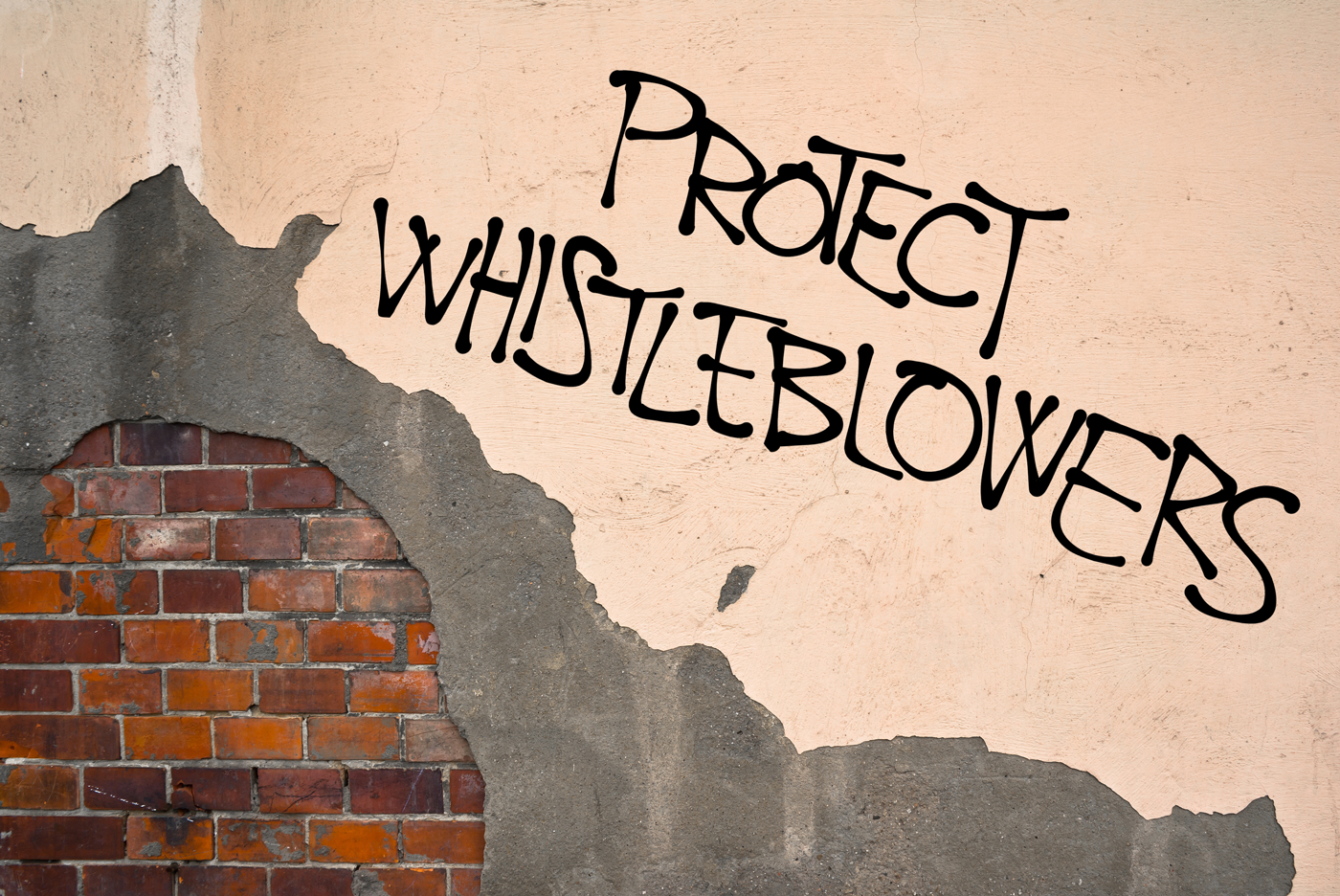In the United States, an individual’s civil rights are protected under the 1964 Civil Rights Act. One of the many provisions of this act is the legal prohibition of harassment and discrimination based on the race of your family members. No one, under any circumstances, has the right to deny you opportunities, benefits or fair treatment due to the racial background of your family members.
Racial harassment can manifest in a plethora of ways. Some common examples include derogatory comments about someone’s racial or ethnic origin, racial slurs or insults, racial jokes or stereotypes, or displaying racially offensive symbols. These actions are not just hurtful; they’re illegal and punishable by law.
One notable instance of racial harassment in the corporate world involves Cavco Industries, Palm Harbor Homes, and Palm Harbor Villages. The U.S Equal Employment Opportunity Commission (EEOC) settled a racial discrimination lawsuit with the company for $135,000. The lawsuit alleged that an employee was subjected to a racially hostile work environment, which included racially offensive remarks and comments about the race of members of his family. The settlement reiterates that businesses are legally obligated to maintain an environment free of racial discrimination and reinforces that legal action will be pursued in cases of violations.
A racially hostile work environment is determined through the lens of both objective and subjective criteria. Objectively, the conduct must be severe or pervasive enough that a reasonable person would find the workplace intimidating, hostile, or abusive. Subjectively, the victim must perceive the environment to be hostile or abusive as well. It’s crucial to underline that isolated incidents, unless extremely severe, do not typically constitute a hostile work environment under the law. Instead, it’s the pattern of behavior over time that comes under scrutiny. Factors considered in these determinations include the frequency of the discriminatory conduct, its severity, whether it is physically threatening or humiliating (or a mere offensive utterance), and whether it unreasonably interferes with an employee’s work performance. The threshold for what constitutes this environment is necessarily high because the law seeks to balance freedom of speech and conduct in the workplace with protections against discrimination.
Remember, respect and equality are at the foundation of our society and any form of racial discrimination or harassment undermines these principles. Stay informed, stay respectful, and remember that racism, in any form, is not just morally wrong; it’s illegal.
Know your rights. Report any instances of racial harassment or discrimination in your workplace to the appropriate authorities. We must all stand together to ensure a fair and equitable society for all, irrespective of race or color.


